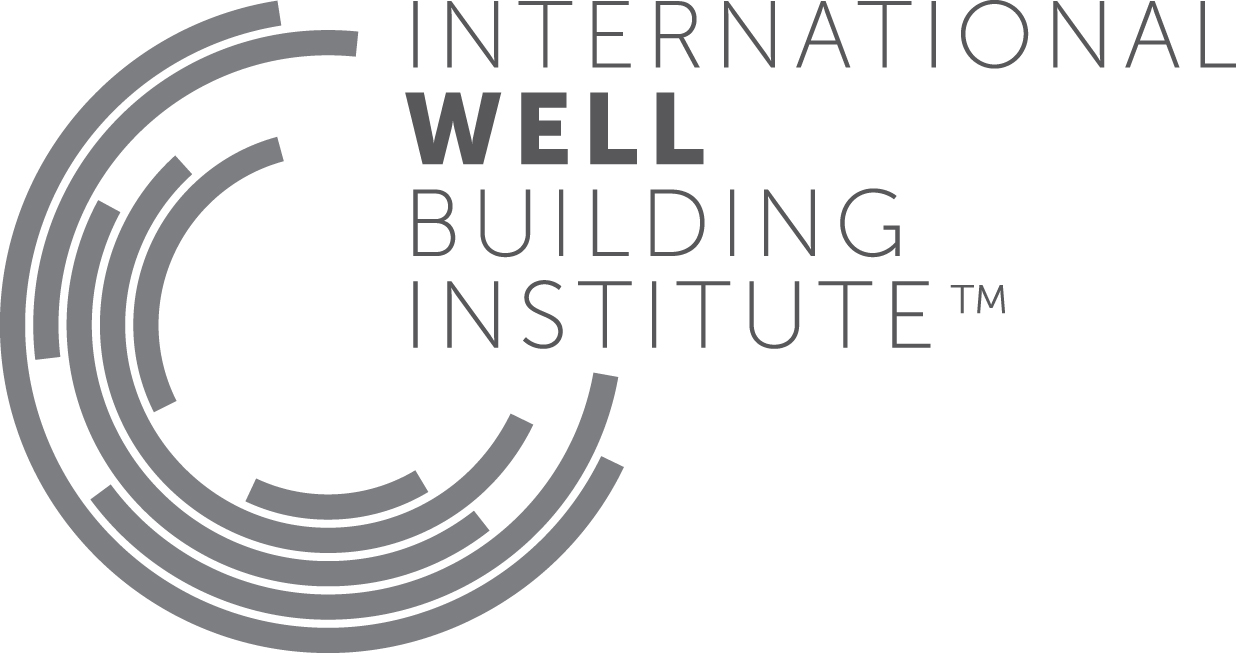Advocacy Momentum Surges for Healthy Building Policy

From a seminal call to action last year issued by former Surgeons General to an indoor air policy proposal from a group of expert researchers, as well as the recent launch of a new global accord signed by hundreds of advocates and practitioners, healthy building advocacy is reaching new heights
In an historic move last year, a group of former U.S. Surgeons General and public health leaders came together to call on policymakers to prioritize buildings as instruments of public health. This seminal call to action led by a dozen public health luminaries has helped spark what is becoming a growing global policy conversation aimed at improving health in our buildings and, in doing so, creating unprecedented advocacy momentum.
Surgeons General Unite for Healthy Buildings
In September of 2023, in a landmark moment, six former U.S. Surgeons General, alongside another six prominent public health leaders, issued an open letter to all U.S. policymakers emphasizing the pivotal role buildings play in health and well-being. “We hope all policymakers will embrace this new policy paradigm wherein buildings are not seen merely as structures, but as pillars supporting our nation’s health,” declared the signatories of the open letter.
Dr. Richard Carmona, the 17th Surgeon General of the United States and one of the signatories, added, “Buildings are not just walls and roofs; they are health-critical environments where we spend 90% of our lives.” This recognition of buildings as fundamental to public health represents a pivotal shift in our policy thinking, urging leaders to embrace healthy building practices.
Researchers Also Stepped up to Advocate for Health in Buildings
Following suit, this past March more than three dozen researchers, led by lead author Lidia Morawska, a distinguished professor at Queensland University of Technology, wrote in Science, to urge for mandatory indoor air quality (IAQ) standards in public buildings. Their joint article highlighted the critical importance of clean indoor air to human health, saying, “The COVID-19 pandemic has made all levels of society, from community members to decision-makers, realize the importance of IAQ for human health, wellbeing, productivity, and learning.”
The Recent Launch of the International Healthy Building Accord
Further building on these efforts, this past May nearly 200 leaders signed on for the launch of the International Healthy Building Accord. The Accord, shaped by contributions from foremost health authorities and informed by an extensive and thorough body of health and buildings research, communicates the imperative for healthy buildings and outlines key focus areas and strategic policy actions necessary to accelerate healthy buildings. It emphasizes the importance of indoor air quality, water quality, healthy materials, biophilia and design practices that prioritize human health as well as environmental sustainability. Over the next year, this initiative aims to unite global advocates, experts and practitioners to push for healthier building practices worldwide.
“We invite healthy building champions to unite around the imperative of making sure the places and spaces where we live our lives enhance our health and well-being, not compromise it,” said Rachel Hodgdon, President and CEO of IWBI, upon the Accord’s launch. (For those interested in supporting the Accord, please sign here.)
Together, these efforts represent monumental momentum for healthy building policy. With the combined efforts of these iconic public health leaders, distinguished researchers, and hundreds of global advocates (and growing), we are laying the fundamental groundwork to elevate health as a major focus in all future building policy. The opportunity is clear: by reimagining building policy to support health, we can better position our spaces and places to move much faster to improve our health, safety, well-being and resilience.
View original content here.

